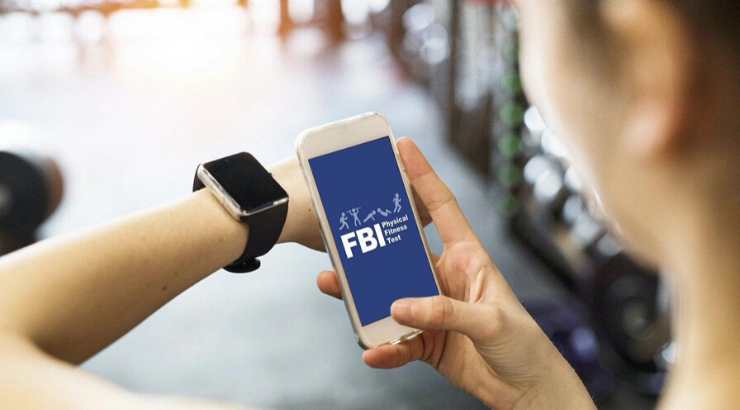“Oregon becomes the first state to ban ‘parts pairing,’ which let companies like Apple decide when and how you replace parts.”
By Julia Conley. Published 3-27-2024 by Common Dreams

In a move that advocates said will save Oregon residents money while supporting small businesses and reducing waste of electronic devices, Democratic Gov. Tina Kotek on Wednesday signed the Right to Repair Act, a law that passed earlier this month despite Apple’s lobbying efforts.
The Public Interest Research Group (PIRG), applauded the signing of the bill, which requires manufacturers to provide Oregonians and small repair businesses with access to the parts, tools, and information needed to fix personal electronics and household appliances.
Continue reading









